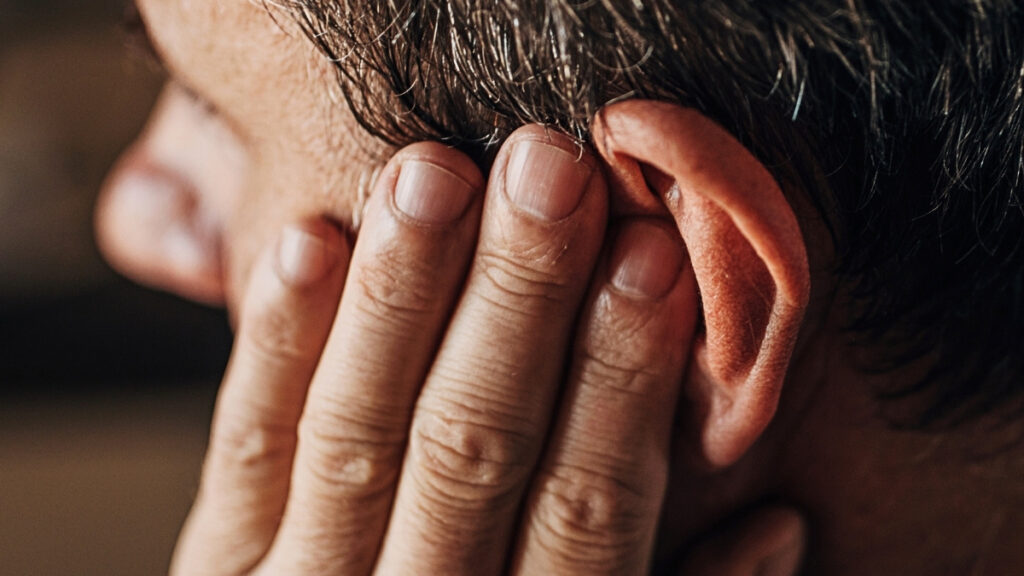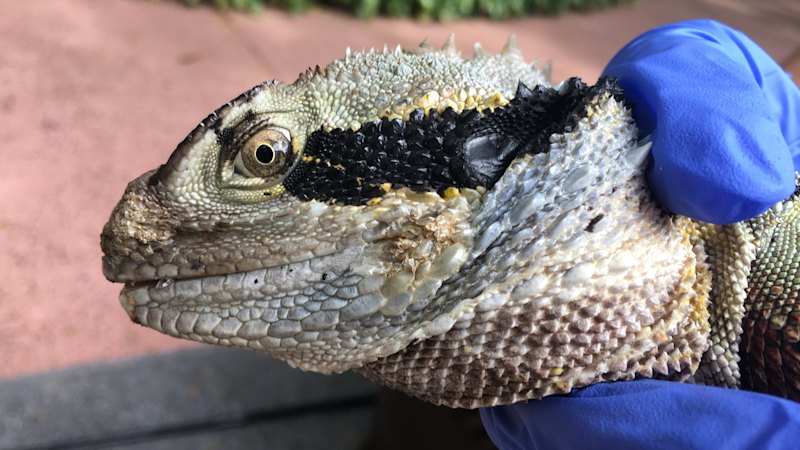
Tinnitus, characterized by persistent ringing, buzzing, or hissing sounds in the ears, affects approximately 15 percent of the global population. Recent research from the University of Oxford highlights a significant connection between this condition and sleep, suggesting that understanding their relationship could lead to new treatment avenues. Neuroscientist Linus Milinski and his team have uncovered intriguing parallels between tinnitus and sleep patterns, potentially shedding light on this often-debilitating issue.
Milinski explained, “Tinnitus is a debilitating medical condition, whereas sleep is a natural state we enter regularly, yet both appear to rely on spontaneous brain activity.” The study emphasizes that there is currently no effective treatment for tinnitus, making the exploration of its ties to sleep increasingly critical.
The Phantom Percept Connection
The phenomenon of tinnitus is classified as a “phantom percept,” meaning it generates sounds that are not present in the external environment. Many individuals experience phantom percepts during sleep, but for those with tinnitus, the sounds can persist during waking hours. While the exact cause of tinnitus remains elusive, researchers have noted a correlation between the condition and poor sleep quality.
In a 2022 review, Milinski and his colleagues identified how sleep might influence tinnitus and vice versa. Their findings suggest that large spontaneous waves of brain activity during deep sleep—specifically during non-rapid eye movement (non-REM) sleep—could inhibit the brain activity associated with tinnitus.
To investigate this hypothesis, the research team conducted experiments involving ferrets, which possess auditory systems similar to humans. Their findings, published in 2024, revealed that ferrets experiencing tinnitus also exhibited disrupted sleep. Milinski observed, “We could actually see these sleep problems appear at the same time as tinnitus after noise exposure,” indicating a direct link between the two conditions.
Implications for Treatment and Research
The results suggest that enhancing deep sleep could provide temporary relief from tinnitus symptoms by modulating the brain’s abnormal activity. Milinski remarked, “Our findings indicate that deep sleep may indeed help mitigate tinnitus and could reveal natural brain mechanisms for modulating abnormal activity.”
Despite the limitations inherent in animal research, Milinski believes that similar patterns of brain activity may exist in humans. Following the 2022 review, interest in this field has surged, with an increasing number of studies examining the interplay between sleep, environmental factors, and tinnitus.
One significant study conducted by researchers at South China University of Technology found that individuals with tinnitus struggled to suppress hyperactive brain activity as they transitioned into sleep. Conversely, during deep sleep, this hyperactivity linked to tinnitus was notably reduced. The authors concluded, “This study establishes sleep as a critical therapeutic target to interrupt the 24-hour dysfunctional cycle of tinnitus.”
Milinski’s ongoing research aims to understand how sleep may influence the onset and progression of tinnitus. He noted, “Tinnitus can make sleep worse, and poor sleep may, in turn, make tinnitus worse. It may be a kind of vicious circle, although I do not believe it is unbreakable.” He emphasized the importance of recognizing the impact of tinnitus, particularly in older adults, where it can exacerbate feelings of isolation and contribute to mental health challenges.
The exploration of how sleep affects tinnitus not only holds potential for developing effective treatments but may also enhance our understanding of sleep itself. As research continues to evolve, it promises to illuminate new pathways for addressing this widespread condition. The 2022 review was published in Brain Communications, marking a significant step forward in the understanding of tinnitus and sleep dynamics.







